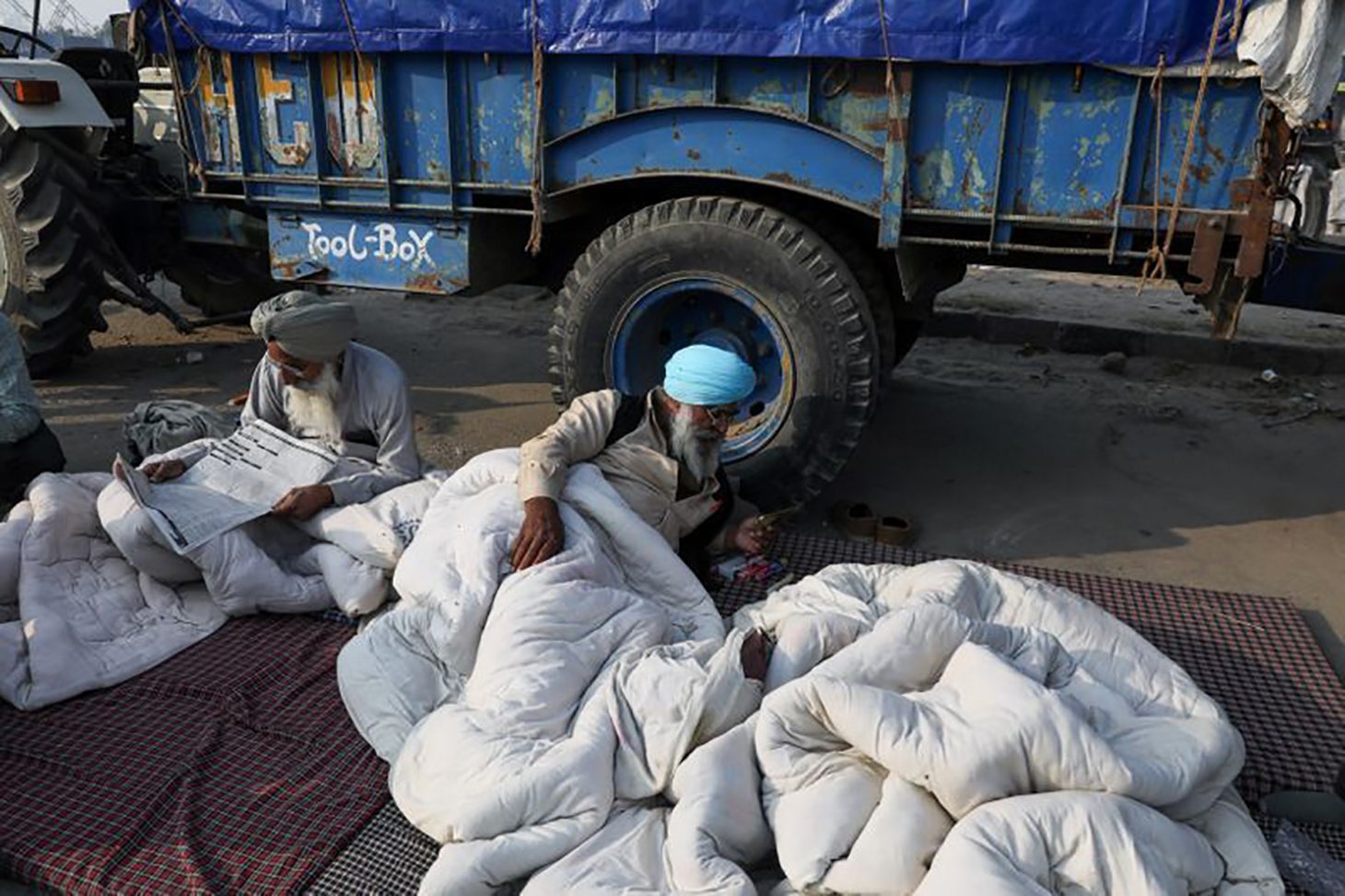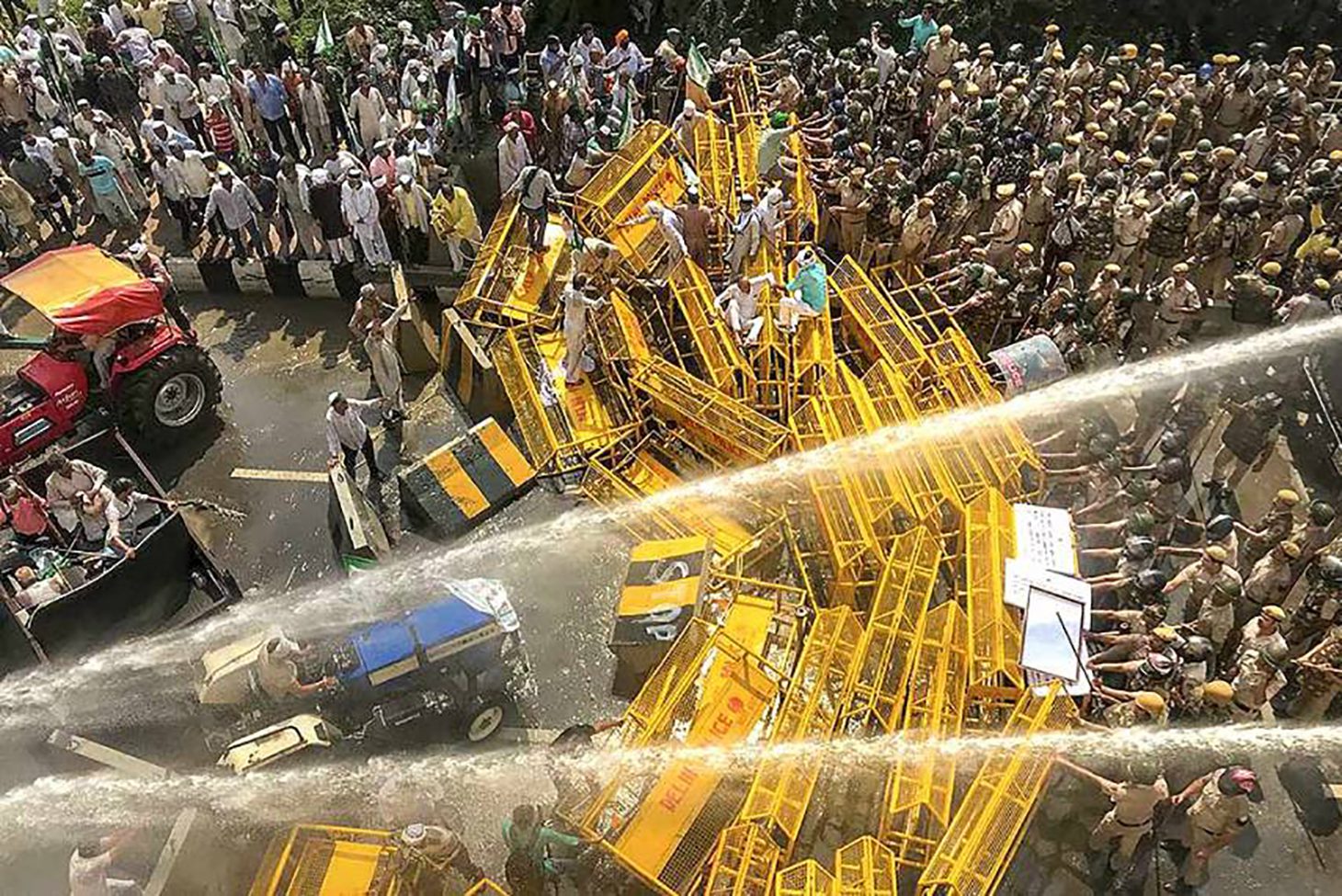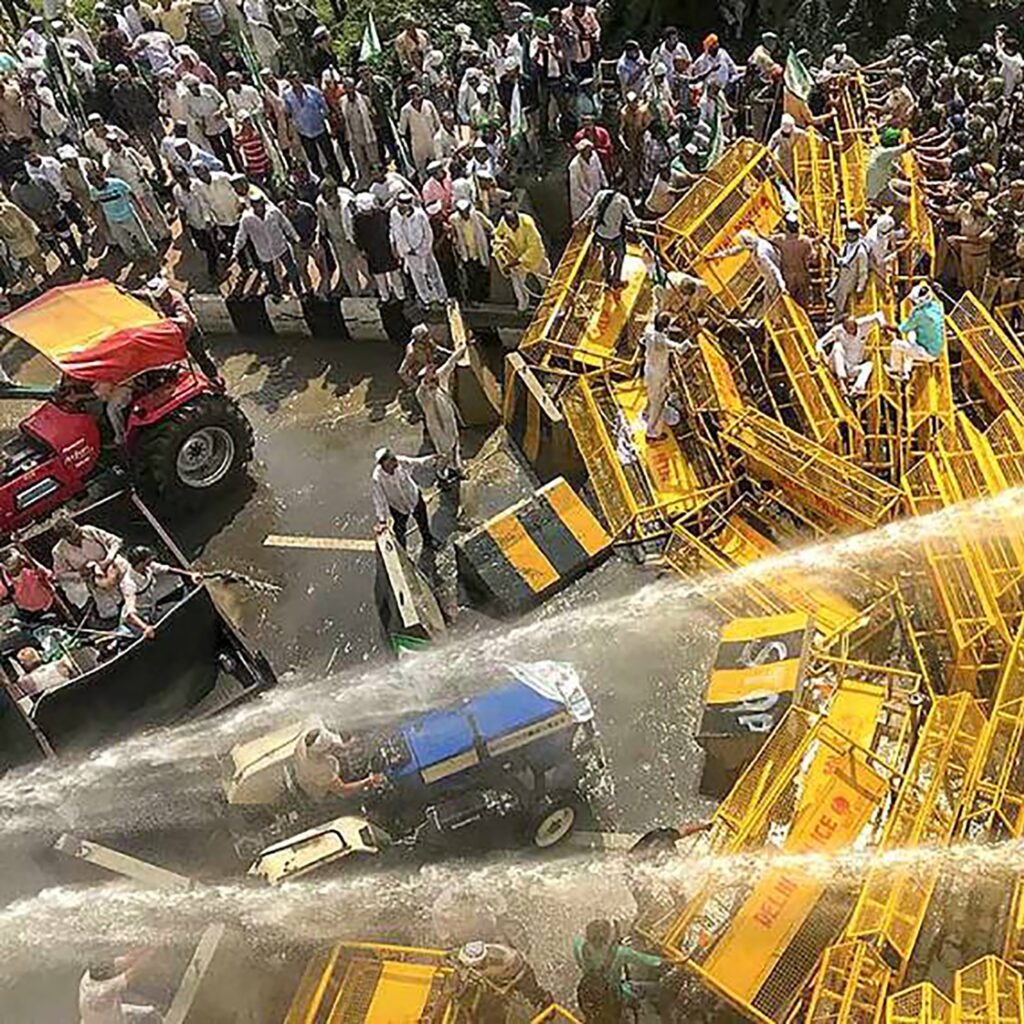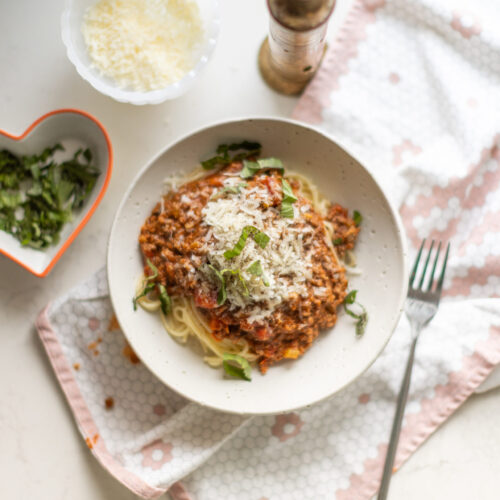Good morning everyone, and happy Tuesday! If you have been following me on social media for a while, you may have noticed a bit of a shift in the regular content that I typically share. Last year, for me and Team Jilly, it was all about learning and unlearning and how to use our voice and platform to speak up about human rights issues and injustices happening around the world. The farmers in India protests have been going on for several months, and I have felt unsure about how to speak up or use my platform to help move the meter on this issue. If you are in the same position as I was a few months ago, you might be wondering how this relates to us here in Canada. Did you know that in 2019, Canada’s imports from India were $3.98 Billion? The farmers in India that are working hard to produce these goods for us are suffering, and their government is suppressing and silencing them.
If you read our last Cameo donation blog that went live last week, you know that we decided to save the funds raised from December and January and donate them to one organization. So, for December and January, with your help, we raised a total of… $7,850.46 CAD and have decided to donate the funds to Khalsa Aid. An organization that is working hard to provide essentials to the framers in India protesters. And we recently discovered that Ravi Singh, the founder of Khalsa Aid, has been nominated for a Nobel Peace Prize. To learn more about Ravi’s organization, Khalsa Aid, click here or to read more about his Nobel Peace Prize nomination click here!
Since I am not an expert on this topic, a few weeks ago I reached out to Raminder Hayre, a lawyer from Vancouver, BC and human rights activist, to share some more information on the protest and how we can help!
Take it away, Raminder!
Hey everyone! My name is Rami, and I am a lawyer in downtown Vancouver. Outside of practicing law in the office, I basically live my life around advocacy or creating content for my blog. I am a first-generation Punjabi, and both of my parents were born in India. More recently, I have tailored my platform to engage with protestors all around the world who are fighting for human rights, and a repeal of detrimental laws for Indian farmers. A part of this job includes educating the public too.

Currently, India is under the largest peaceful protest in HISTORY involving over 12 million farmers. Farmers are oppressed in India, and a majority of them are in poverty. Their literacy skills vary dependent on their cultural background, and lineage; with that, farms have been passed on through generations. Some South Asians in Canada still have ties to farmland in India through grandparents, and parents etc.. Many of us are one-generation away from protesting for our lives.
In September 2020, these protests started in individual states, and since they made little to no difference, those affected and generally protesting, made their way to various borders near the capital of Delhi to arrive by late November. For some, this is over an 8-hour trek (several people walked this distance which would take a couple of weeks). It has become the biggest of its kind against laws that millions are saying are detrimental to the lives of farmers. First time hearing about the laws? I will tell you about them soon, but let’s look at the human rights violations first.
On the way to Delhi, many were met with tear gas, water cannons, trenches to avoid their travel, and overall police brutality and batons. This has also occurred several times after. Those in Delhi, have been sleeping on the streets in tents, tractors, and trucks for various timespans; more specifically, some have been sleeping there since around November 27, 2020. The government has not provided food, sanitation, bathroom facilities etc… all of what is provided to the protestors is through donation and “selfless service” which is a major belief of those that practice Sikhi (many of the protestors are Sikh and/or Punjabi, but not all of them). Some protestors are Hindu, Christian, Buddhist, Jain, and the list goes on.


Currently, India is run by Prime Minister Modi, and he runs what I (and many) call, “the Modi government”. India is the world’s largest democracy, and under its Constitution, Indians have a right to a peaceful protest (similar to Canada, the U.S.A., U.K., and Europe). Modi believes in a “Hindutva” which is a practice that aims for cultural hegemony (Ie: “they want a purely Hindu nation” – currently, ~80% of India is Hindu-practicing). It is important to state that pure Hindus do not believe in supremacy or cultural hegemony. For some comparison, this is similar to how Hitler’s Nazi Germany was. For westerners, we see this as “fascism”, and this is of course problematic because he uses race and religion as a way to try and create this integration. He has dismissed minorities to fit his own corporate and political agenda(s). Two of Modi’s good friends are corporate tycoons in the category of the “richest men in Asia”.
As you can see, those concerned about the laws are people of all backgrounds. A majority of these farmers have already faced troubles with the Modi government. They are the “BIPOC” of India, and are treated as less than. Small to marginal farm owners will be the most affected, and they are also the majority. Many of them are unable to meet their bills, even if they know their rights. Thousands have taken out loans or debt, and have committed suicide over this because they could not keep up with government changes to their irrigation system when the Modi government wanted farmers to create a surplus of food for the entire nation.
These laws were passed during the pandemic, without proper consultation of opposition parties (~15 that have stated that they would have disagreed with them), and most importantly, the farmers that are stakeholders. These laws were forced on them; and in summary, this is what they do:
- Do not guarantee a minimum support price for the sale of crops as was previously regulated through a market-system. The Modi government says that this is good, because the farmers are able to barter with corporations rather than going to markets. This is a tactic for corporate takeover and takes advantage of vulnerable farmers.
- The dispute resolution process has to go through the government, and not the judicial system. Farmers and the government will “work” together, but keep in mind that the current majority government oppresses minority groups.
- Certain commodities are labelled as “non-essential”, and only corporations have the power to store surplus, or make more of these particular goods.
- Farmers can be jailed if they do not listen to orders – this is a bigger issue because it falls under accessibility to lawyers, and legal advice. People that are not financially well-off, are not entirely able to afford a lawyer to write a contract for them (corporations have lawyers). Many of these farmers are poor, and do not entirely have the network to help them make concrete decisions when they are just trying to make ends meet to feed their family.
- If parties cannot agree on who will hear their matter, then someone will be appointed by the Magistrate. This is potentially problematic due to impartiality.
Amongst the above issues, are many more. Journalists and activists have been detained for protesting; some physically and sexually assaulted. Western influencer’s pictures have been burned by Modi supporters, and they have called for their arrest too (eg. Rihanna, Meena Harris, Greta Thunberg). Modi himself has been banned from the U.S.A. in the past after he was in the spotlight for being involved in the killings of thousands of Muslims in Gujarat, India in 2002. This is their “leader”.
I conclude by stating that the Modi government has said that they will not reverse the laws, and have called the farmers “agitated” by making a mockery of them on Indian television by saying they are terrorists and extremists for fighting for their rights under not only a democracy, but for laws that could cause them their lives and income.
I urge you all to read more about this, and if you feel inclined, to donate to Khalsa Aid so that they can continue to clothe and feed the protestors on the streets of Delhi.





Thank you for this educational post!
Thank you for the post, it was very informative!
This is one of the best explanations I have read so far! Thank you for your article! I will keep reading and learning how we can help! Jillian and team Jilly, I am so impressed how you are using your platform! You are teaching us all to grow!Thank you!
Thank you for this!
Thank you for this post and brief summary of what is happening. I definitely have a much better understanding after reading!